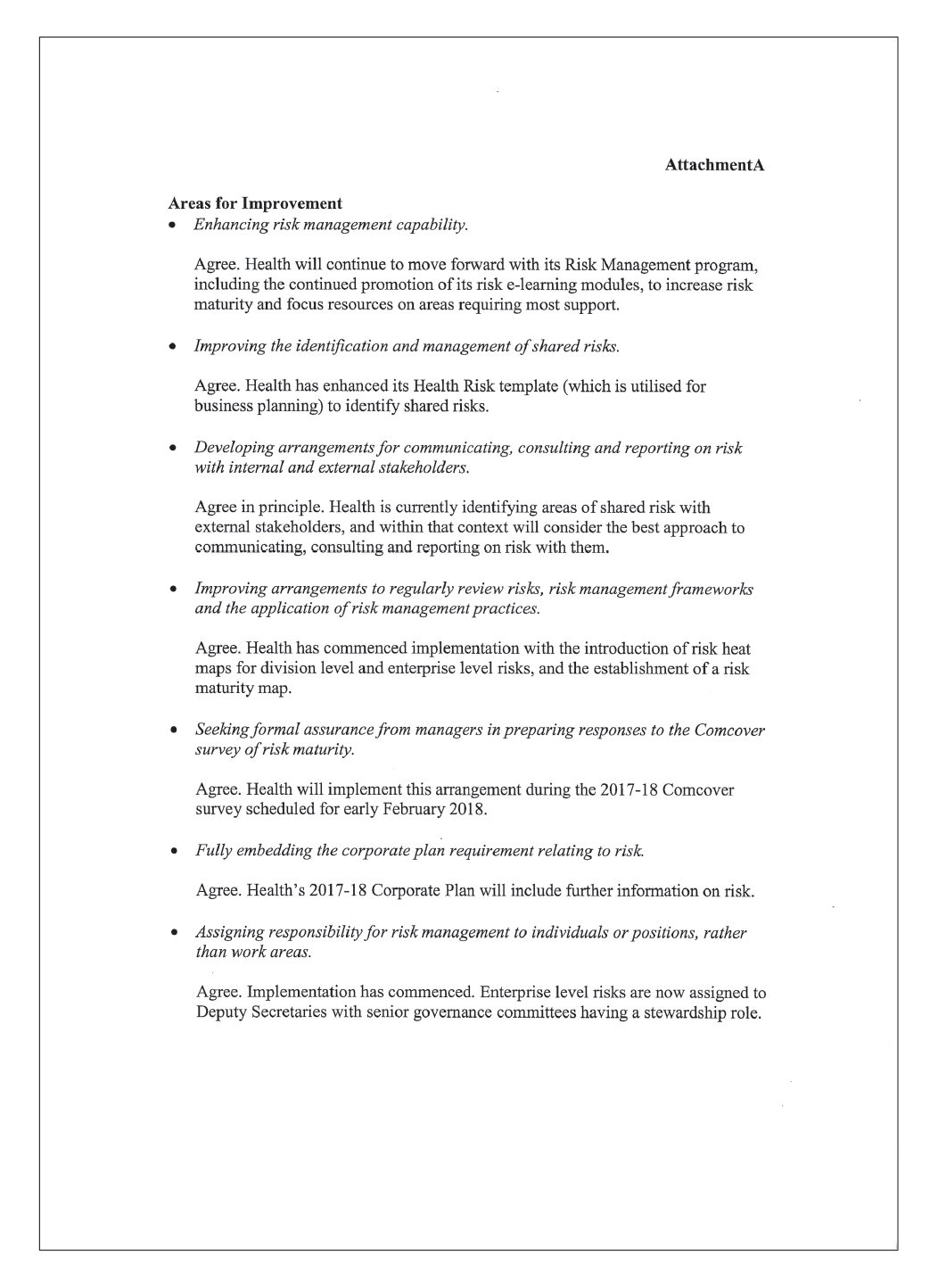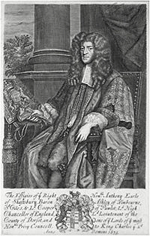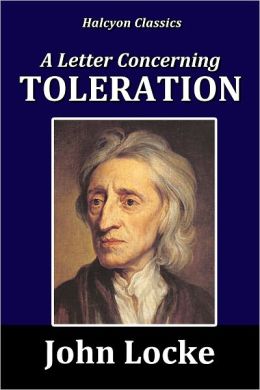A Letter Concerning Toleration Summary. This volume contains A Letter Concerning Toleration, excerpts of the Third Letter, An Essay on Toleration, and various fragments. As editor Mark Goldie writes in the introduction, A Letter Concerning Toleration "was one of the seventeenth century's most eloquent pleas to Christians to renounce religious persecution." A Letter Concerning Toleration book.

Its initial publication was in Latin, though it was immediately translated into other languages.
The toleration of those that differ from others in matters of religion is so. a letter concerning toleration summary, Summaries for Philosophy. • That toleration should be the chief characteristic of the true Church.
This volume contains A Letter Concerning Toleration, excerpts of the Third Letter, An Essay on Toleration, and various fragments. Read "A Letter Concerning Toleration and Other Writings" by John Locke available from Rakuten Kobo. In "A Letter Concerning Toleration," he argued that there is no "judge upon Earth" to adjudicate various churches on "the truth of their doctrines and the purity of their worship," adding, "The decision of that question belongs only to the Supreme judge of all men, to whom also alone belongs the.








